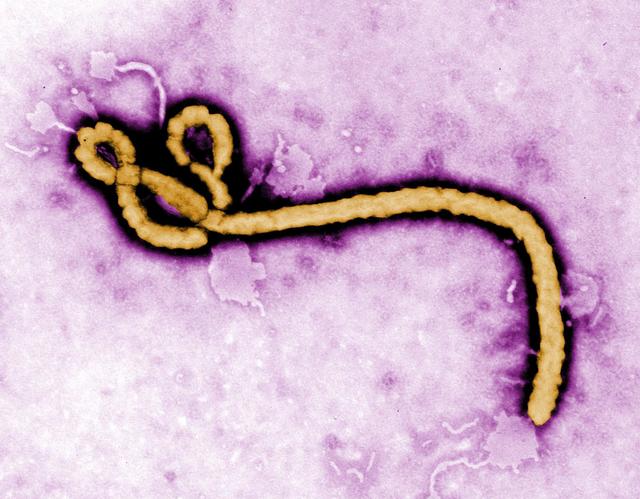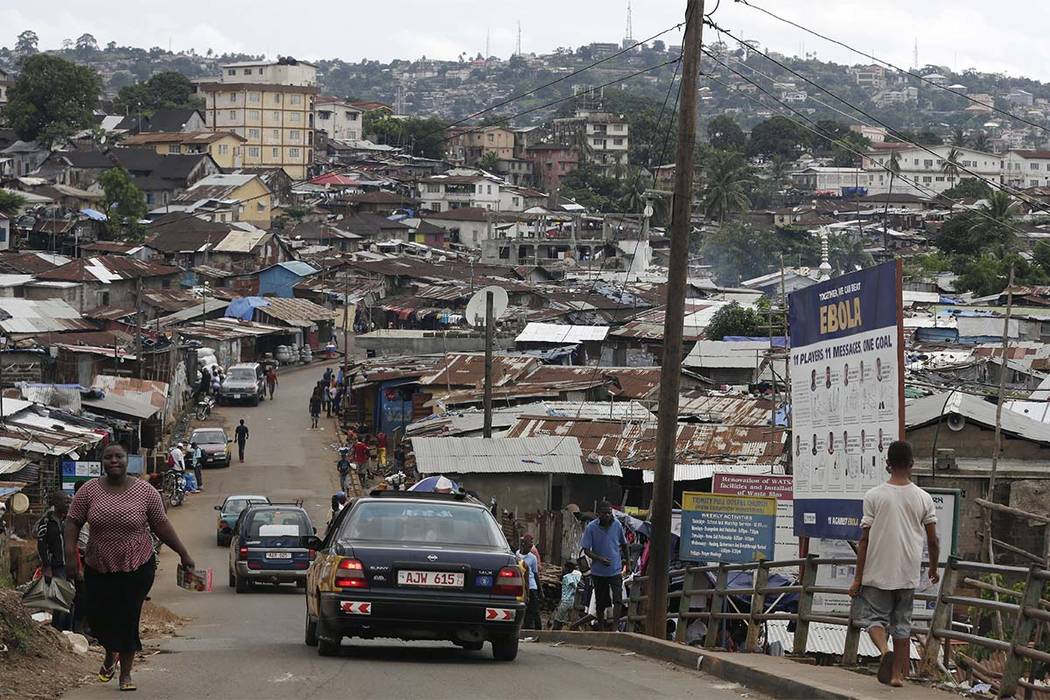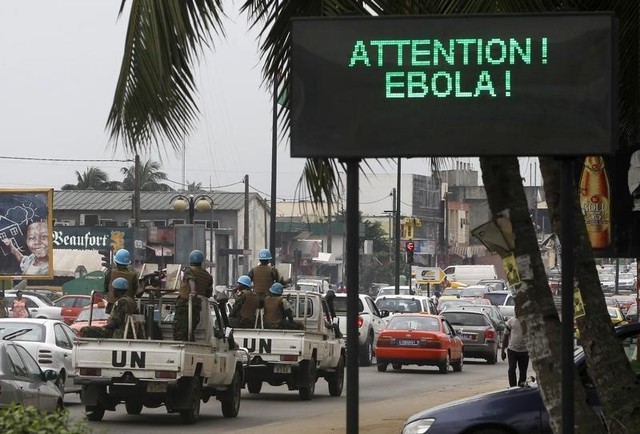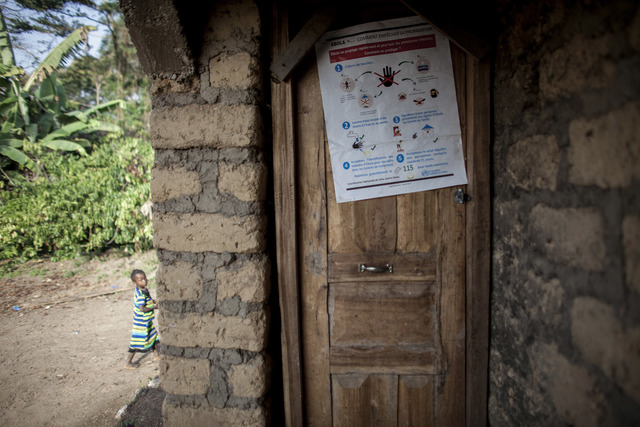Scientists may now be able to predict next Ebola outbreak
Ebola outbreaks tend to occur two years after trees have been cut down or forests cleared in West and Central Africa, researchers said on Monday, suggesting that deforestation data could be used to predict outbreaks of the deadly disease.
A study published in online journal Scientific Reports was the first to find a time correlation between deforestation and the onset of Ebola, caused by a virus which humans catch from infected wild animals that can then be transmitted between humans through direct contact.
Ebola ravaged Guinea, Liberia and Sierra Leone in 2014-2016, killing around 11,300 people in the world’s worst recorded outbreak, according to the World Health Organisation (WHO).
There have been dozens of smaller outbreaks since the disease was discovered in 1976, typically in remote villages near tropical rainforests in West and Central Africa, WHO said.
By analysing 27 outbreak sites for the period 2001-2014, researchers found that the Ebola was significantly more likely to emerge in areas with surrounding forest loss, typically two years after the damage was done.
Deforestation likely pushes infected wild animals into human areas, but how exactly this works - and why it takes two years - is not yet known, said John Fa, a professor at Manchester Metropolitan University and one of the authors of the report.
“The next step is to pinpoint areas that were deforested two years ago,” Fa told the Thomson Reuters Foundation.
“If we know where they will occur, we might be able to prevent future outbreaks.”
Fa hopes that the findings will be used to create an early warning system in high-risk areas so that Ebola can be detected and stopped before it spreads. However, many of the areas involved are vast and inaccessible, the study said.
Africa’s tropical forests are being lost to industrial agriculture, logging, urbanisation and more, a trend that is only expected to accelerate with population growth, experts say.
Ebola outbreaks may increase in coming decades as humans penetrate deeper into Africa’s remaining forests, the study found.
“Our results show that forest loss, like EVD (Ebola virus disease) should be seen as a major global health issue,” the researchers wrote.
Africa’s most recent Ebola outbreak, which ended in July, killed four people in the Democratic Republic of Congo.






















